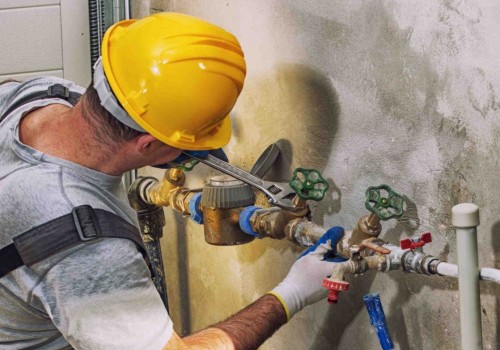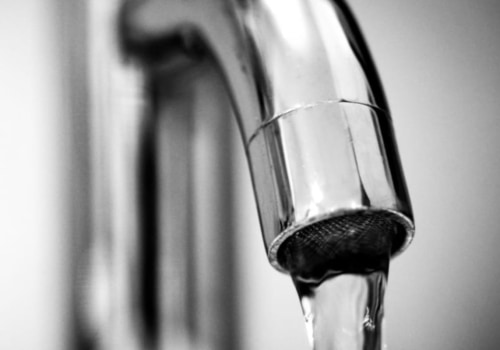Plumbers install and repair pipes and fittings that carry water, gas, or other fluids in homes and businesses. They also maintain plumbing fixtures such as bathtubs and toilets and appliances such as dishwashers or heating systems.
plumbers
install and repair pipes that supply water and gas to homes and businesses, as well as carry waste away from them. They also install plumbing fixtures such as bathtubs, sinks and toilets, and appliances, including dishwashers and washing machines.Experienced plumbers train apprentices and supervise helpers. They work together with other construction workers. A plumber is someone who installs and maintains pipes in our homes and businesses. These pipes must be installed and maintained for drinking water, drainage, irrigation and sewerage, as well as for other uses.
Plumbers can engage in practical work or they can work in design quality, drafting plans and helping to make the installation process more efficient. This is a profession with a wide number of possible career paths. Some of the highest-paying jobs are in the most unusual specialties, as there is less competition. Plumbers install and maintain water systems in buildings.
This includes toilets, bathrooms, showers, sinks, washing machines and dishwashers. They can also install central heating systems, but they need additional qualifications to work with gas boilers. Plumbers install new plumbing, maintain older systems, identify and repair faults, and can attend emergency calls when water or heating systems are damaged. Plumbers Install and Repair Plumbing Systems in Residential and Commercial Properties.
They also install accessories and appliances associated with heating, cooling and sanitation systems. This sample plumber job description was created to optimize search performance and candidate conversion and should be used as a template. Customize each section to fit your company and the specific requirements and responsibilities of the position being advertised. You can see what others have done by browsing our current plumber job lists.
A plumber is responsible for installing and repairing water systems in residential or commercial buildings. Tasks include the study and analysis of plans and drawings to identify plumbing and water supply systems to assemble and install products without interfering with existing infrastructure. Other general tasks include measuring, cutting, bending pipe material, and installing and maintaining water systems. Depending on the company, a plumber's career progressions may consist of being promoted to lead plumber or foreman or being appointed to a managerial role.
Although formal education is not required to be a plumber, many companies prefer candidates to have a high school diploma or equivalent. In most cases, it is required to successfully complete an apprenticeship followed by proven experience working as a plumber. Good candidates for this position often possess in-depth knowledge of plumbing systems, materials and equipment and are excellent at troubleshooting and analyzing water system errors. Due to the nature of the work, the ability to squat, kneel, stand, bend or twist for long periods of time is required, along with the flexibility to travel to duty stations.
A water supply plumber works with water supply systems such as kitchen, bathroom, suspended storage tanks and plumbing. It is up to plumbers and plumbing apprentices to identify the cause of the leak and repair it. Typically, plumbers travel to different workplaces each day and perform their work in homes, office buildings, and factories. Most plumbers receive their training by doing apprenticeship, which combines classroom instruction with paid on-the-job training.
Some states license officers and master plumbers separately, while others only license master plumbers. Locating leaks in large buildings may be more demanding and the plumber may need to scan their plans to track possible leak locations. Service and repair plumbers specialize in maintenance and repair of plumbing systems in residential and commercial environments. This role involves following the instructions of more experienced plumbers, exercising their skills as you get the job done, and studying more in plumbing systems.
Anyone interested in becoming a plumber would be interested to know that stereotypical work as a residential plumber is only a small part of the career opportunities available to an experienced professional. Master plumbers carry out many tasks performed by officers and apprentices, but they can also handle the administrative, financial and legal responsibilities of your business. Plumbers may work in residential, commercial or industrial buildings, depending on their specialization. Many plumbers are self-employed or work for a small business that employs fewer than ten people, although some may find it more desirable to work for larger entities or for the government.
Plumbers can work indoors or outdoors, and some environments may have tight spaces that require access from the outside. A plumber works in factories, businesses and homes and each job varies in size, such as large water lines to buildings or small water lines to refrigerators. . .




Leave Reply